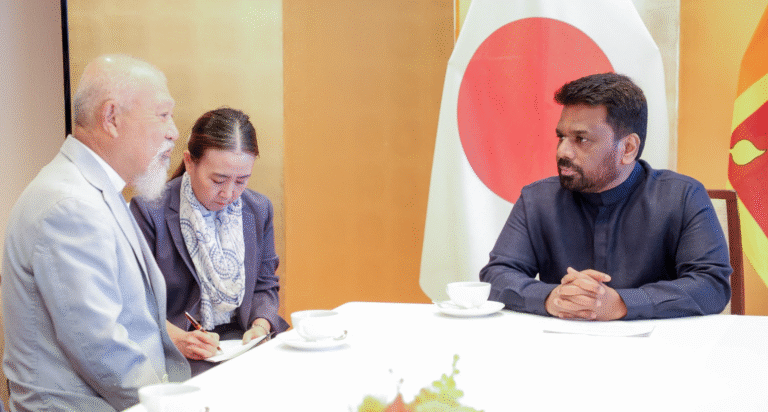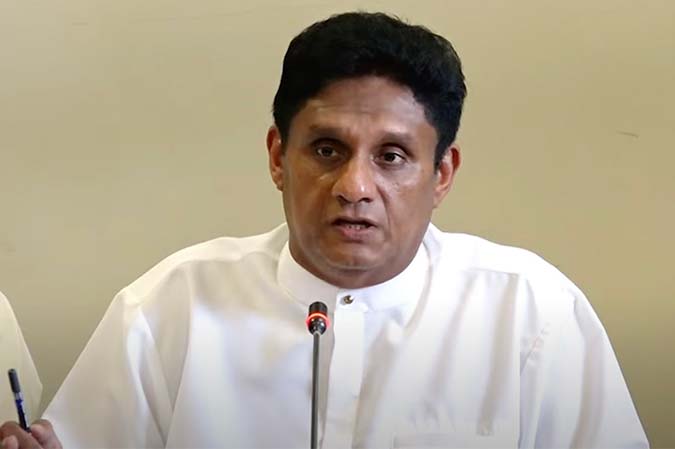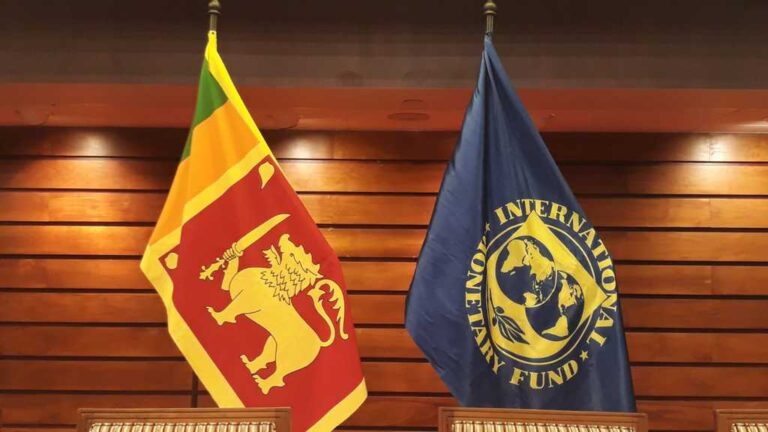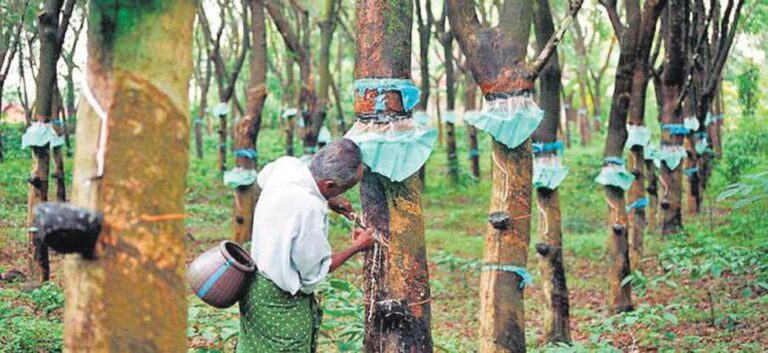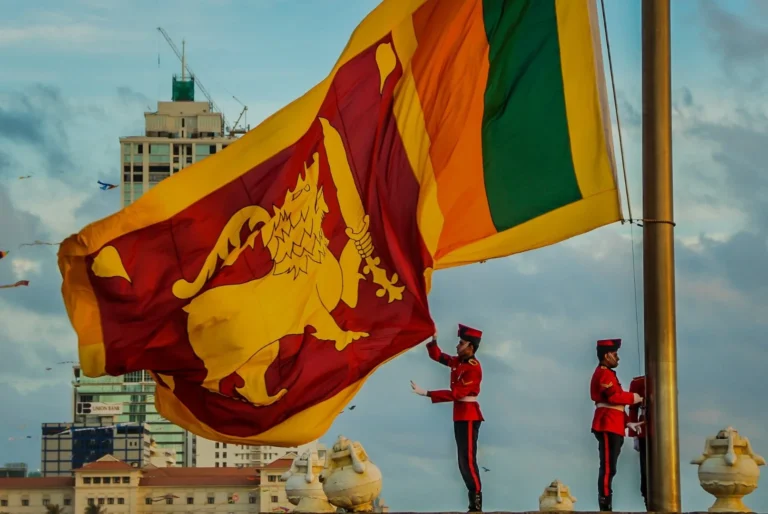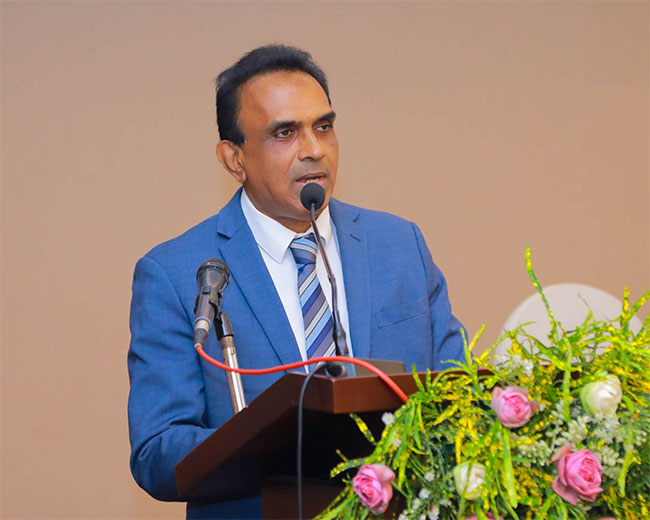By: Staff Writer
September 30, Colombo (LNW): Sri Lanka’s natural rubber sector, a key foreign exchange earner and rural employer, is facing what industry leaders call an “existential threat” following the government’s decision to abolish the Simplified Value Added Tax (SVAT) scheme from 1 October.
The Colombo Rubber Traders’ Association (CRTA) has warned that the move made without a fully tested refund mechanism could unleash severe cash flow shocks across the supply chain, crippling exporters, manufacturers, and tens of thousands of smallholder farmers.
According to CRTA Chairman Harin de Silva, removing the SVAT at this stage will “plunge the entire value chain into chaos,” as manufacturers and exporters will be required to pay VAT upfront on all transactions.
This, he said, would block billions of rupees in working capital that firms currently rely on to purchase raw rubber and sustain production. For smallholders, who depend on steady farm-gate demand, the impact could be immediate with reduced purchasing power pushing prices sharply down.
Sri Lanka’s natural rubber industry is already struggling. Data from the Rubber Research Institute show that total natural rubber production fell by nearly 10% year-on-year in the first half of 2025, reflecting erratic weather and declining replanting.
Meanwhile, export earnings from rubber and rubber-based products slipped by around 8% to USD 680 million between January and August 2025, according to the Central Bank’s external sector statistics.
Analysts warn that additional policy shocks could accelerate this downturn, threatening rural employment and foreign exchange inflows at a time when the economy is still under IMF supervision.
Small and Medium Enterprises (SMEs) in the rubber supply chain which handle latex processing, crepe production, and component manufacturing face the gravest risk. Many operate on thin cash margins and lack access to affordable credit.
The upfront VAT requirement, without a fast and reliable refund process, could leave them unable to meet payroll or purchase inputs. “If these SMEs collapse, it will destroy decades of local value-chain development,” de Silva cautioned, warning that the ripple effects could reach exporters and rural producers alike.
Export manufacturers, too, are voicing alarm. Already burdened by high energy costs and weakening global demand, rubber product exporters say tying up liquidity in VAT refunds potentially delayed beyond the Inland Revenue Department’s promised 45 days could cripple operations.
“Many companies simply cannot afford to have their cash blocked for more than a month,” de Silva noted. “This will force them to scale back production, delay payments, or even import raw materials, undermining local suppliers.”
Although the government has pledged a risk-based digital refund system, the CRTA points out that crucial elements such as e-invoicing and real-time verification remain incomplete. Without these, refund processing will likely lag, compounding cash-flow distress.
Industry experts argue that the government’s fiscal reforms, though aimed at improving transparency and revenue collection, risk backfiring if implemented prematurely. Rubber exports, once a cornerstone of Sri Lanka’s post-independence trade now stand at a critical crossroads.
The CRTA, along with other export chambers, has called for the SVAT phase-out to be deferred until a fully functional digital refund mechanism is operational, warning that hasty execution could reverse the fragile recovery in one of Sri Lanka’s most vital export sectors.

